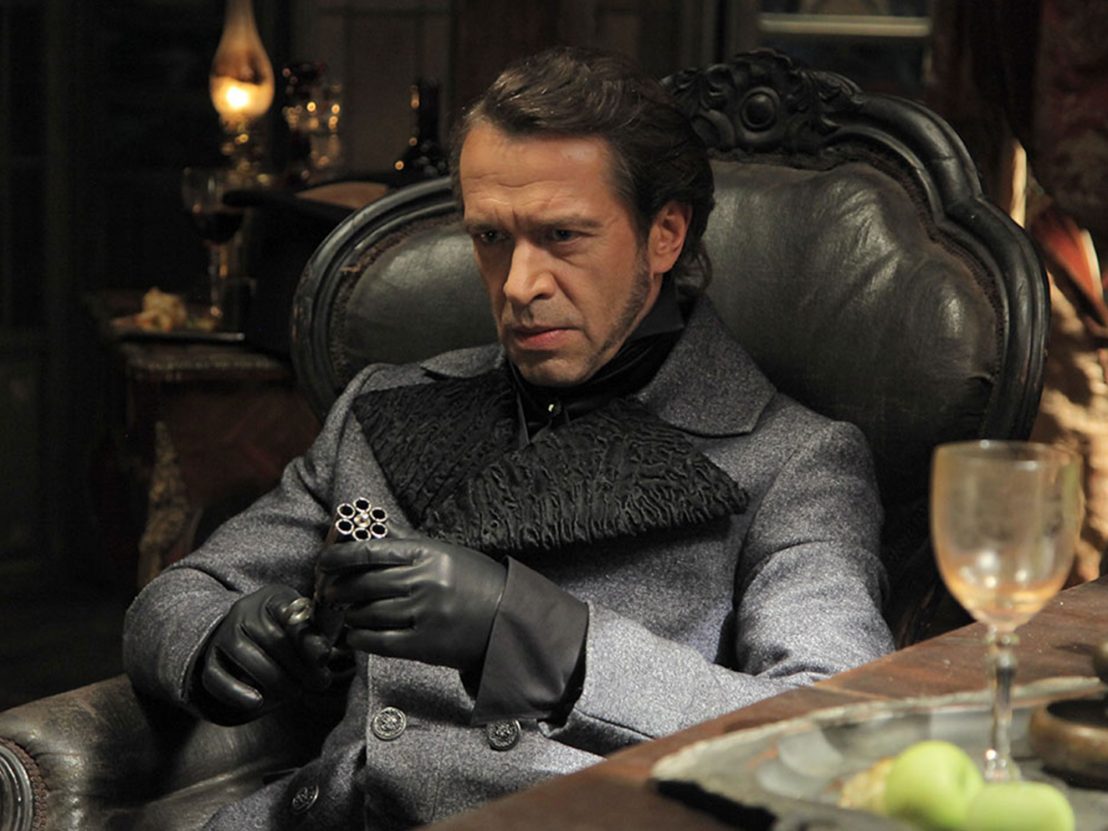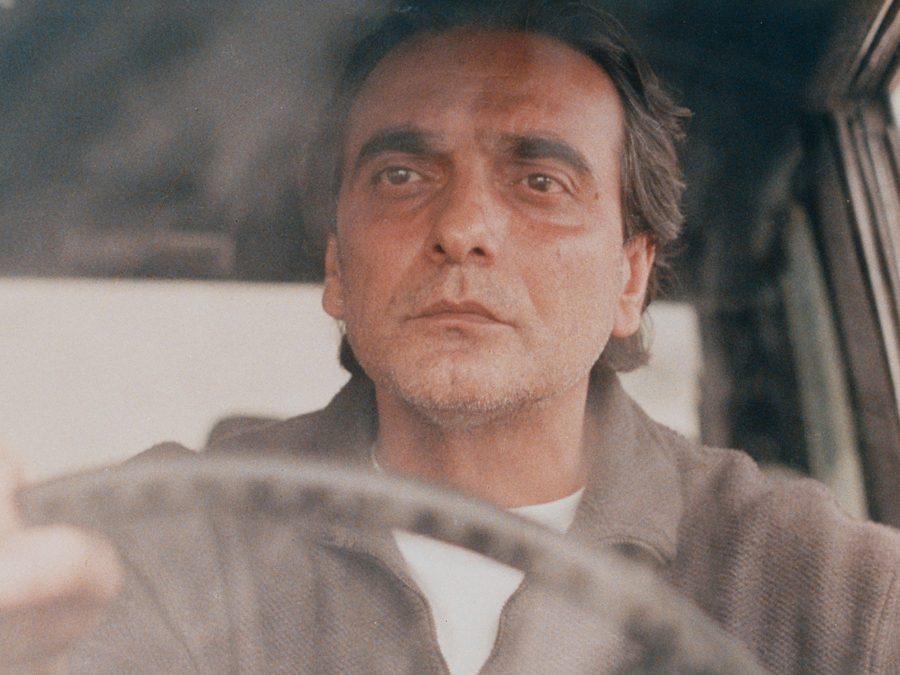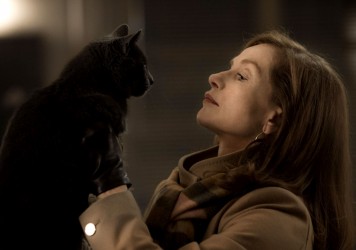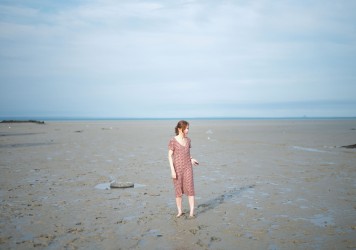
At the Marrakech International Film Festival, champagne flows freely and stars fill the sky.
From the repertory ‘tributes’ to the star-spangled jury (headed up this year by Béla Tarr) and the 14-strong slate of competition films from across the world, what’s most striking about the Marrakech International Film Festival (FIFM) is its truly international flavour. It’s a public event, offering an egalitarian experience with ticket holders, students, journalists and jury members all cramming into the same theatre and lining up in the same queue.
The Moroccan moviegoers I sat with were decidedly relaxed when it came to cinema etiquette; excepting the competition films, walkouts were not infrequent – but why not cut your losses? And in any case, screenings are free, although they do require a pass. Audiences were lively, vocal and mostly very excited to be there (as was I, sitting in the same screening room as Béla Tarr, dressed in a leather jacket and round sunglasses with the lenses flipped up, a look that was possibly inspired by The Matrix’s Morpheus). Like all the best public film festivals, the audience experience was prioritised (ironically, critics are catered to outside of the screening room, but more on this later).
For FIFM’s 16th edition, it was decided that all three of the festival’s masterclasses would be delivered by Pauls – filmmakers Verhoeven, Haggis and Pavel Lungin were on hand to share their anecdotes and advice regarding the craft of directing. Canadian writer/director Haggis offered his thoughts on critics, quipping that they (we?) are “guardians of normality” who “cannot separate their ideology from their artistic critique”. More ripe for reflection was his suggestion that burgeoning filmmakers steer clear of auteurist trappings. “I don’t think a director should have a style – I think the film [and] the story should have a style. It’s the director’s job to figure out what that style is,” he said of the “John Ford Western” mode he referenced in his 2007 feature, In the Valley of Elah.
Meanwhile my preferred Paul – Verhoeven – was light on didacticism, but generous with his anecdotes regarding French ex-girlfriends and Arnold Schwarzenegger (“a sweetheart”, apparently). My ears pricked up when he explained that the reason he stopped making films in the Netherlands had been due to pressure from Dutch funding bodies: “The movies I made were seen as not being intellectual or sociological enough, without any philosophical base. They felt I should not get state money any more.” (An interesting admission given the left-leaning politics of his subsequent Hollywood ventures, like RoboCop, Starship Troopers and even Showgirls.)
Verhoeven was awarded with one of the festival’s ‘tributes’ – an award honouring an actor or filmmaker’s body of work replete with an actual trophy and elaborate accompanying ceremony. The presentation took place in front of a packed audience, overseen by Elle collaborator Isabelle Huppert (dressed in a pristine white pantsuit) and received cheerfully – this was the 78 year old’s first formal career tribute. The festival also screened a selection of his works (Total Recall, RoboCop, Black Book and Elle); seeing RoboCop (dubbed in French, no less) projected in Marrakech’s Place Jamaa el Fna – a large, bustling square in the Medina that comes particularly alive with activity in the evenings – was a suitably surreal sensory experience.

The rest of the festival’s repertory programming was admirably far reaching. This year saw an honorarium for the late Abbas Kiarostami (I saw a lovely, scratchy 35mm print of Taste of Cherry and soldiered through French subtitles), a tribute to French actress Isabelle Adjani (I’d have liked to catch Subway but ended up watching Werner Herzog’s Nosferatu instead – again dubbed in French) and an entire strand dedicated to ‘Russian cinema’.
Of this strand, two films stood out; Ivan I Tverdovsky’s Zoology and Alexey Mizgirave’s The Duellist. In the former, a middle-aged woman finds herself having sprouted a large, fleshy tail – a kind of metaphor for a modern-day witch-hunt. Its punchy pacing worked, though I found its twist ending cynical. The latter was a Russian take on Les Miserables – a handsome, violent, expensive-looking costume drama cycling themes of family honour, class structure and Russian roulette (in both the literal and metaphorical sense of the phrase). Russian heartthrob Pyotr Fyodorov pouts and broods his way through the film, but there’s an enjoyable pageantry to the performances, even if the cast are never quite able to transcend the schlock of the material.
There was pageantry aplenty to supplement the tribute screening, too. Before a suited-and-booted Mizgirave took to the stage to introduce the film, audiences were treated to an energetic dance-off between two classical dancers, one Russian and one Moroccan, to a backdrop of billowing silk scarves. The post-screening private party at The Pearl Marrakech was a veritable banquet (free-flowing champagne notwithstanding) in honour of the Russian delegation, state-subsidised, bien sur. To experience FIFM as a foreign delegate is to become intimately familiar with Marrakech’s luxury hotels –a fantasyland of fragrant palaces, with gardens and casinos and fruit bats that roost in the palm trees.
Prizes went to two Chinese films: the festival grand prix for Zang Qiwu’s organ-trafficking thriller The Donor and best director to Wang Xuebo for Knife in the Clear Water. In Knife, Ma Zishan (Yang Shengcang)’s son insists that they slaughter the family bull to feed the guests attending his wife’s funeral ceremony. Ma finds himself hesitating; meanwhile the bull itself is as weary and weak as its master stops eating anyway in a kind of suicidal gesture. It’s a sad, slow build to an inevitable conclusion but images from Xubeno’s debut have been lodged in my brain for days, from its bleached vistas of the agrarian landscapes home to Chinese-Muslim contingent the Hui, framed in 4:3, to the tight close-ups of lead actor Shencang’s craggy, ageing face, lined with the heaviness of history and weary from the toil of poverty.
Another favourite was Romanian/French co-production The Fixer, which screened in the glamorous cinéma Le Colisée. A low-key drama about a young Romanian journalist and translator working for a French paper, the film explores the politics of intervention – both journalistic and personal – with care. Radu (Tudor Aaron Istodor) pursues an ethically dubious scoop regarding a traumatised young Romanian girl recently rescued from a sex-trafficking scandal. Director Adrian Sitaru draws parallels between Radu’s relationship with his young son – a competitive swimmer who resists his father’s pressure for, in his own words, ‘perfectionalism’ – and the detached, pragmatic attitude taken by 14 year-old sex worker Anca’s mother of four. Radu is trying to ‘make it’ and so his moral revelations take time to seed but by the film’s silent, fluid end Sitaru’s position on the matter of ‘intervention’ is scratched sharply.
Published 13 Dec 2016

Isabelle Huppert delivers a stunning, unflinching performance in this blackly comic rape-revenge thriller.

The screen icon discusses her craft plus her upcoming roles in Mia Hansen-Løve’s Things to Come and Michael Haneke’s Happy End.